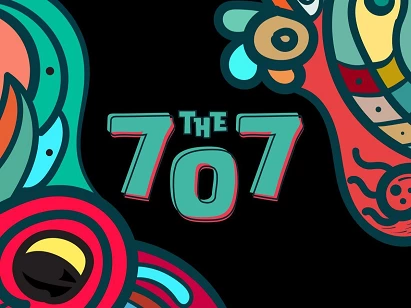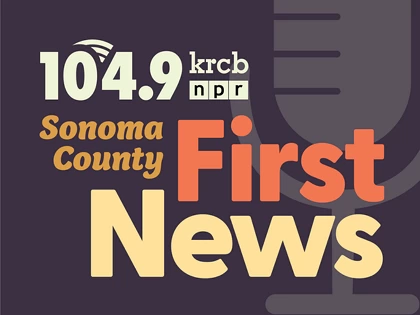 photo credit: photo credit text goes here
photo credit: photo credit text goes hereImage description text goes here
Now, more on that Holocaust survivor story we told you about at the top of the hour....and a warning that some of this is hard to hear.
Rounded up and forced into a ghetto, Esther Basch says she survived days and nights in a cattle car, arriving on her sixteenth birthday at the gates of Auschwitz notorious Nazi death camp.
Now 95, Basch, who endured forced labor, torture and starvation, somehow survived.
She spoke Tuesday in Rohnert Park.
Prior to the event, Basch told KRCB News that the trauma has lingered for many years, in some unexpected ways.
"They taught their dogs how to take people apart and we had to watch it. We were terrified," she said. "I couldn't have a dog in the house for years and years and years. All my children wanted dogs, but they couldn't have."
Basch said that during the war and her captivity, death lurked everywhere....from illness and deprivation to the sudden whim of captors for whom cruelty was sport.
She described one such brush, that still haunts her today, was she supposed to be chosen...
"Dr. Mengele, they called him the angel of death, came every day wanting to take out women either for experiment, or to the gas chambers. One day he's standing in front of my line and he had this horrible silver cane, which looked like he was pointing at me, so I step out of the line, he takes this horrible cane, pushes in into my belly button and pushes me back into the line, and takes out my best friend, and takes her away.
When we got back to the barracks, the mean kapo calls out, 'does anyone have family that was taken away?' and the three remaining sisters said "yes, our little sister was taken away," and this mean, mean kapo points her finger towards the chimneys and says 'you see the chimneys smoking? This is where your sister is."
Months later, with Soviet troops approaching, prisoners were force-marched to a labor camp further west.
There, after more time passed, the guards suddenly vanished. Days later, more soldiers arrived, American combat soldiers.
"We did not understand a word. We huddled together again. We were terrified of uniforms. Until they found us a jewish soldier and told us in Jewish, "you are free....and go into town and take whatever you like."
Basch, who lives in Arizona with a daughter says she'll never forget but just as firmly believes in forgiveness as the only way to move forward.
"If you don't forgive, if you hold a grudge, you on'y hurt yourself, and this is why I can forgive," she said.
Basch spoke Tuesday evening at the Spreckels Performing Arts Center in Rohnert Park.

 Live Radio
Live Radio




